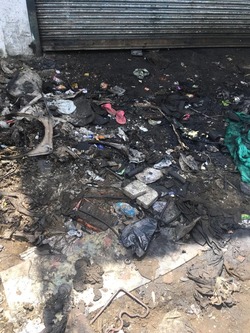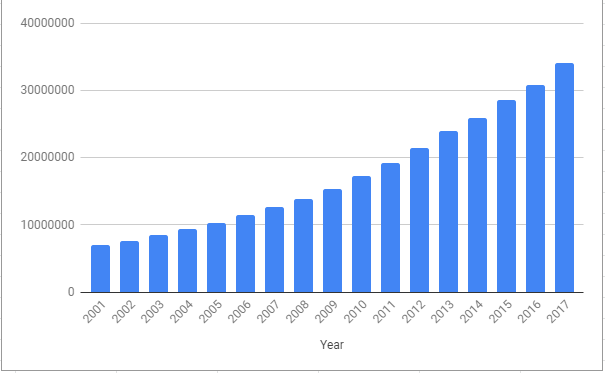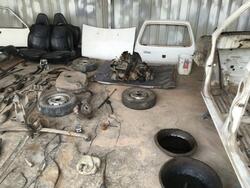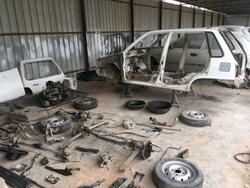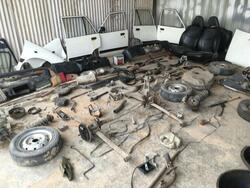Automobile Pollution
Automobile are a large contributor to this pollution, the problem being two sided: one the one hand vehicles pollute by emitting gasses (older vehicles emitting more gasses), but the recycling process often also pollutes. Vehicles are driven for 20-25 years and then discarded at scrap dealers who scrap the car using outdated and polluting processes. Fluids are often emptyed on the soil, mixing with the aquiferous zones and causing long term environmental hazards.
With the rapidly increasing volume of vehicles in India, there is a parallel need for modern recycling facilities to properly dispose of these vehicles once they reach End-of-Life (EOL). The junkyards in India are full of old vehicles that have no more usability and their number are continuously increasing. In comparison to European countries and some Asian countries like Japan and China, there are no professional modern recycling facilities in India to deal with the disposal of old vehicles.
The Indian government is studying ways to reduce pollution and fulfill its targets agreed on via the COP 21 Emission Treaty. An effective, robust and organized recycling sector is the only way forward towards this goal and automobile recycling facilities will form the backbone of this effort.
